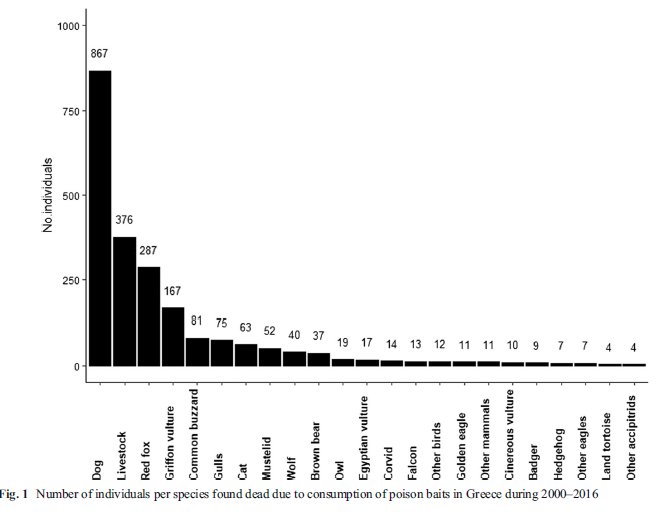Apart from following vulture research outputs to inform current and future conservation strategies, the Vulture Conservation Foundation (VCF) staff and board members are leading scientists shaping vulture conservation research.
The VCF team has been researching vultures for years, contributing to many important studies that helped underpin vulture conservation in Europe and beyond. From conducting feasibility studies to inform reintroduction projects to tracking and analysing GPS data of hundreds of birds, we have researched a wide variety of vulture topics.
Research Reviews
The VCF team regularly reviews and summarises recent vulture articles of interest to vulture conservationists, researchers, and enthusiasts.
Check out our Research Reviews, which highlight key takeaways of research studies relevant to the species, covering various topics and different areas, including all continents where vulture species are present.
New study reveals amazing flexibility of migration among Egyptian Vultures
September 11, 2019
Adapted from a blog article written by Dr Steffen Oppel, RSPB What ...
Read More →
Vulture Research Update: May 2019
June 4, 2019
Bearded Vulture (c) Hansruedi Weyrich In this research update we summarize articles ...
Read More →
New article calls for standardised methods for monitoring vultures
February 7, 2019
A Griffon Vulture marked and fitted with a GPS transmitter as part ...
Read More →
Vulture Research Update: October-November
December 6, 2018
In this research update we summarise articles on the status of the ...
Read More →
Research summary for August
September 6, 2018
In this month’s research update we summarize articles on the wildlife poisoning ...
Read More →
Vulture research update, June-July 2018
July 23, 2018
In this month’s research update we summarise research articles on wind farm ...
Read More →
Vulture research update, April-May 2018.
June 3, 2018
In this month’s research update we summarise articles on Egyptian vulture migration ...
Read More →
Update on Vulture Research
April 27, 2018
Latest vulture science analysed: Movementsof Egyptian vultures in the Middle East and ...
Read More →
New paper: Antibiotics found in carcasses left in vulture supplementary feeding sites in Portugal
March 1, 2018
Antibiotics have been beneficial for human and animal health. However, an excessive ...
Read More →
Why do foraging Spanish vultures stop at the border with Portugal? Because of different sanitary policies!
January 10, 2018
A new paper just published by Arrondo et al in the journal ...
Read More →





